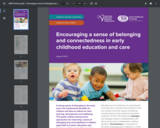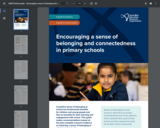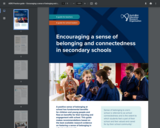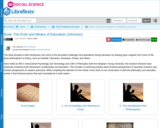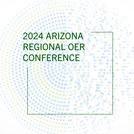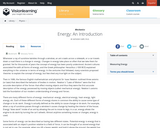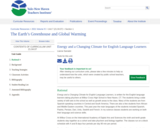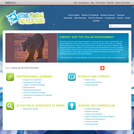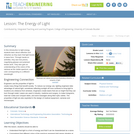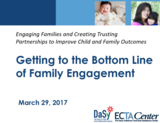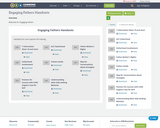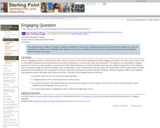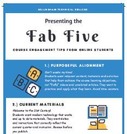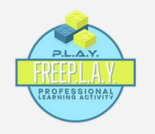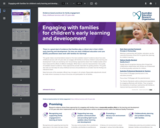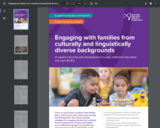Giving Learners a Premier Learning Experience No Matter Where
Online learning and teaching have been a part of CSI for many years. To give just one example from one discipline, in the 1990s, Jeff Fox and Ken Bingham cobbled together various digital tools to allow students to access instruction, discussions, feedback, readings, and more. Long before Canvas, Moodle, or any other LMS (learning management system), when email was still a relative novelty, Jeff and Ken and other forward-looking instructors were harnessing the power of the web to reach and teach CSI’s students.
The Online Learning Committee of the college is the latest iteration of an institutional effort to improve online education that has been around nearly as long as online teaching. Long-time employees will remember the E-Learning Committee, and similar groups comprised of faculty, staff, support folks, and students working to make online learning as good as it can be.
This text is the latest in a long line of initiatives intended to regularize a level of instructional excellence at CSI. In fact, we hope this text will give you the resources you need to be the best online teacher you can be and continue to build CSI’s reputation as a leading and innovative institution in Idaho.
The text provides four areas of focus for you to consider. CONTENT | COURSE DESIGN | FEEDBACK | and CONNECTIONS. We believe that almost any measure of engaged, exemplary online instruction can be found in one of these “buckets.”
Within these categories, we have identified just three items (for now) for your consideration as you tackle the taxing work of teaching online. Let’s call these “essential practices.” Read on to see what these practices are and to see some examples of their implementation.
“Engaged” and “exemplary” practices will be published later.
Word Count: 1687
(Note: This resource's metadata has been created automatically as part of a bulk import process by reformatting and/or combining the information that the author initially provided. As a result, there may be errors in formatting.)
